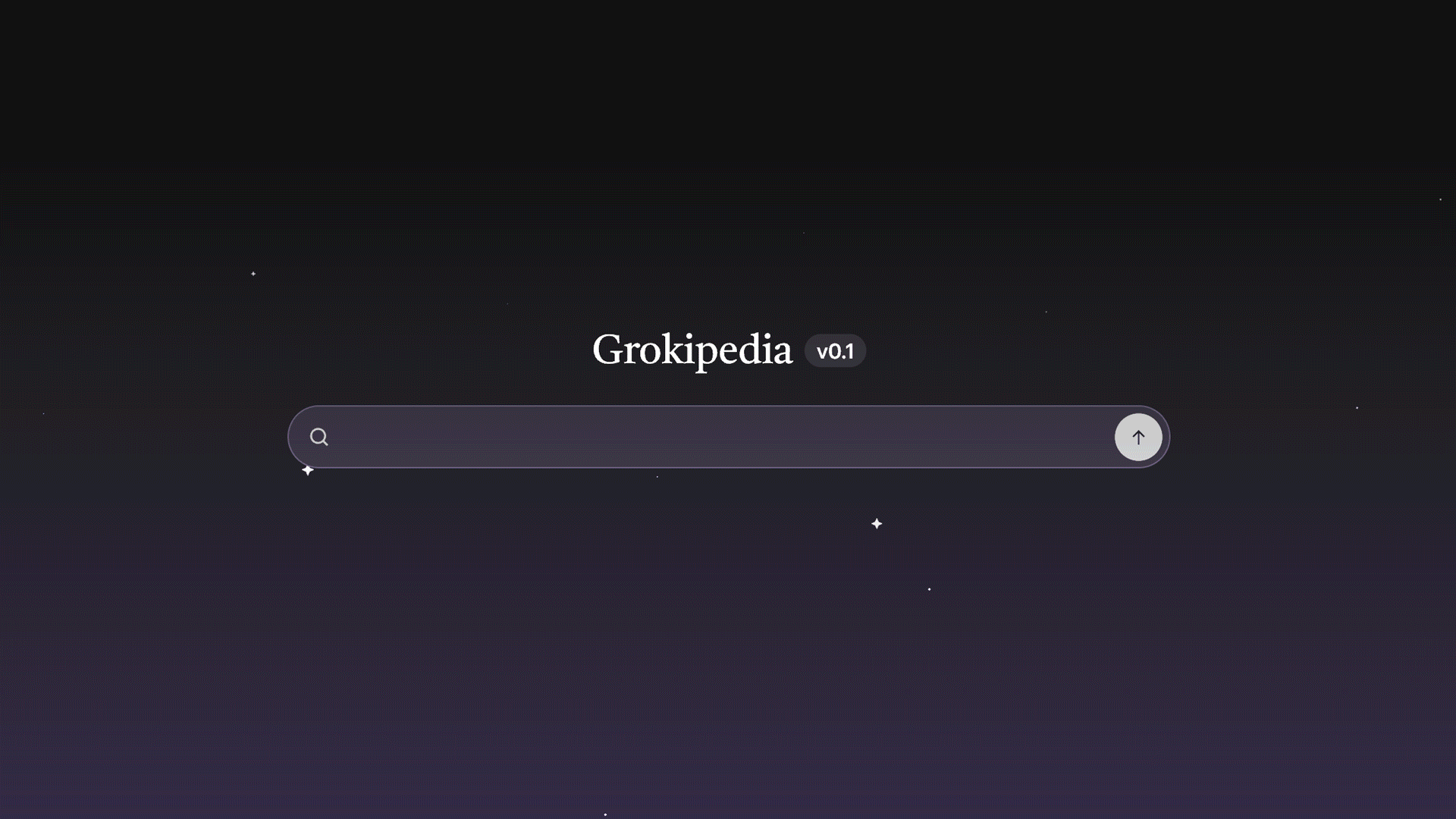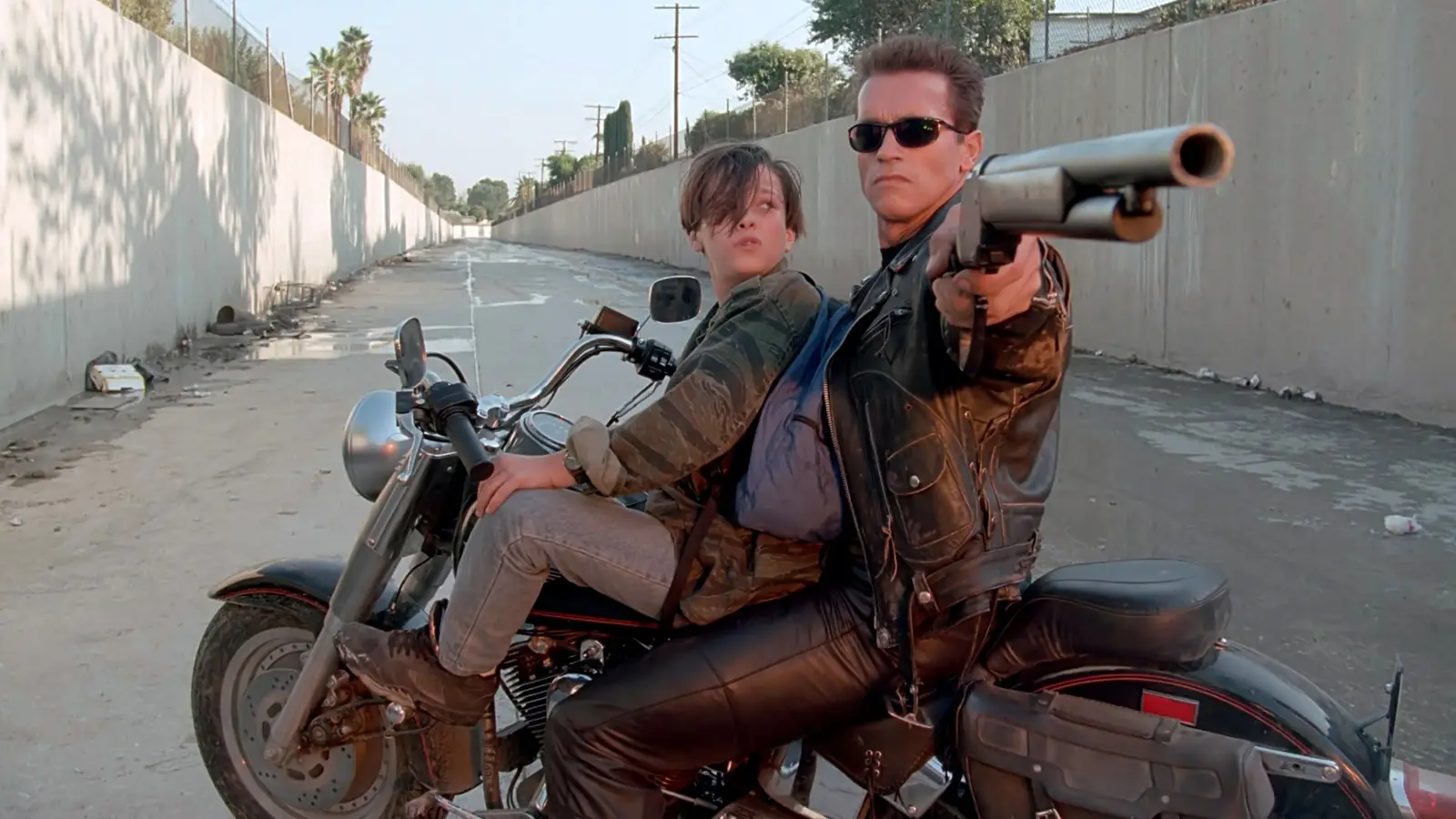Copyright Inc. Magazine

Elon Musk’s answer to Wikipedia recently launched—and the rollout has been anything but smooth. Grokipedia had only been live for 47 minutes before it crashed. Once those problems were fixed, though, a growing number of people began noticing errors in the site’s entries. And that could serve as a warning to business leaders to read their company’s entry particularly closely. Grokipedia is different from Wikipedia in that all of the 885,000-plus articles were written by Musk’s Grok AI, not humans. And AI—whether it’s Grok, ChatGPT or Perplexity—sometimes plays fast and loose with the truth. For companies, that can cause all manner of problems, since 92 percent of people don’t check the veracity of AI answers. Wikipedia, Grokipedia’s inspiration and arch-rival, allows anyone to edit content, but community-driven policies strive to ensure the site’s accuracy. Human editors monitor changes and correct errors, though the site is far from perfect. Several individuals have looked up their Grokipedia pages and found factual errors. Science fiction writer John Scalzi ran a spot check on the article about him soon after Grokipedia’s launch. Quickly, he noticed that it incorrectly listed his birth order in relation to his siblings as well as the publishing order of his books. The site also stated as fact an internet rumor that Steven Spielberg was directing an upcoming film adaptation of his story Old Man’s War. (Spielberg is not, something Scalzi has said repeatedly.) Featured Video An Inc.com Featured Presentation “Grok can find out things about me on the Internet, and put those things into Grokipedia, but it doesn’t appear to have the ability to discriminate between what is truth and what’s not,” he wrote. “If it shows up enough on the Internet, Grok’s happy to print the not truth. … I can’t trust it to be accurate about me, so how can I trust it to be accurate about any other thing? The answer is, I can’t. “ Canadian software developer Tim Bray, who co-founded several companies, including Antarctica Systems and Open Text Corp., also did a spot check of his Grokipedia page and found it lacking. “Every paragraph contains significant errors,” he wrote. “Sometimes the text is explicitly self-contradictory on the face of it, sometimes the mistakes are subtle enough that only I would spot them.” Even the entry about Elon Musk has errors, it turns out. Grokipedia says that after Musk left the Department of Government Efficiency, Vivek Ramaswamy took on “a more prominent role” at the agency. In actuality, Ramaswamy quit DOGE in January before the agency even got started. A quick scan of Inc.’s Grokipedia page revealed some errors, as well. It listed one employee as being on staff since 1983. (He left 10 years ago.) But Musk’s site also fixed at least one error from Wikipedia (about the nature of Inc.’s National Magazine Award in 2014). Correcting errors Grokipedia, initially, seemed to have no way for people to change article pages. It still doesn’t, at least not directly, but the site has added a “Suggest Edit” button, which can be accessed by highlighting an erroneous passage and right clicking on it. (There have also been accusations that much of Grokipedia’s content seems to be drawn from Wikipedia, so it’s worth checking that site. If the errors are repeated there, you can correct them quickly, and then hope Grokipedia adjusts its page subsequently.) Companies that have issues with how their business is presented on the site can lodge complaints and ask for corrections, but it’s unclear how fast the turnaround time is – and there doesn’t appear to be any way to confirm suggested changes are being considered. Beyond factual errors, this new AI encyclopedia, as you may have heard, seems to have an ideological bias that some say embraces the right, but in many instances appears to parrot Musk’s own philosophies. (The site was originally scheduled to launch Oct. 20, but was delayed, Musk said, because “We need to do more work to purge out the propaganda.”) Grokipedia assigns a perceived political bias to many people, sites and businesses (including Nike, Procter & Gamble and Disney). It says, on its page about race and intelligence, that science says some races are more intelligent than others. And it describes George Floyd primarily as “an American man with a lengthy criminal record.” The site also deadnames and misgenders transgender people regularly. Despite its many reported problems and the reputational damage it can do to people and businesses, Musk seems proud of his creation. “Version 1.0 will be 10X better, but even at 0.1 it’s better than Wikipedia imo,” he wrote following the site’s launch.



